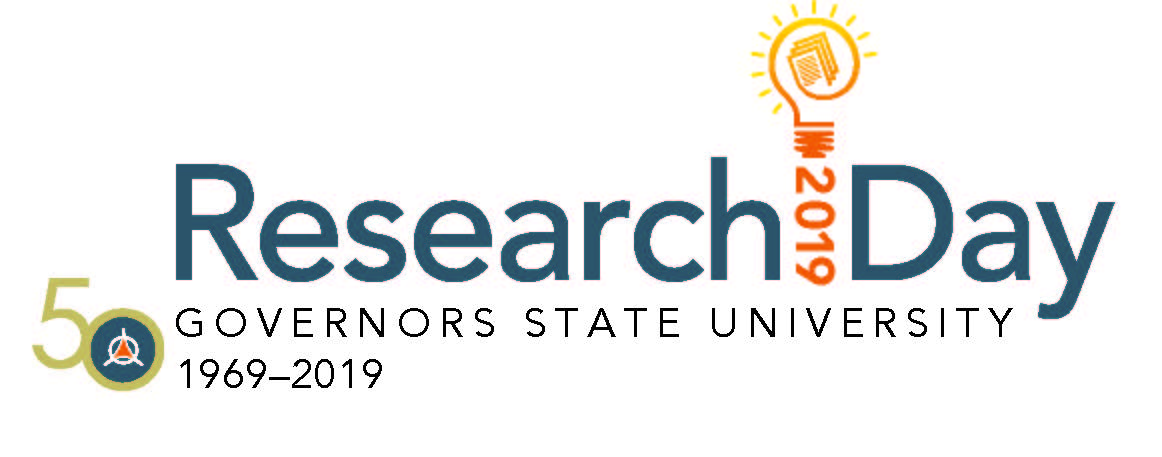
Type of Presentation
Paper
Location
D34115
Start Date
4-12-2019 10:40 AM
End Date
4-12-2019 11:10 AM
Abstract
A person dies in America approximately every 16 minutes from opioid overdose. It is estimated that one in four patients receiving long-term opioid therapy in a primary care setting struggles with opioid addiction. Medication non-adherence causes unfavorable healthcare outcomes and raises healthcare costs through increased service utilization. We need to provide tools and information for healthcare professionals working on overdose prevention and treatment, and increase awareness and share best practices with providers and patients. Developing a digital health application to run on a smartphone is an inexpensive solution for addressing medication non-adherence. Objective data captured on a digital device can facilitate better communication between patients and their providers. This talks presents Med Conformity, an open-sourced application for helping patients to better control the medications they use as needed. The opensourced application is customizable for various patients’ needs. Due to proprietary information and a lack of published results, it is hard to learn from past successes and failures of medication adherence programs. Additionally, emerging digital health technologies can be interfaced with the application in the future to create novel solutions to address medication non-adherence. The talk also explains how a smart phone application can act as a personal assistant for many patients in their quest for an ideal medication treatment experience. To break the non-adherence cycle, patients, in partnership with their doctors and pharmacist, need to commit to a mutually agreed schedule for optimal medication compliance. Adherence is a team effort involving the patient, healthcare providers, and other supportive individuals (spouse, friends, etc.) Functionality of Med Conformity can also be enhanced by incorporating other forms of digital health technology, such as automated sensors. Another digital health technology that could be incorporated with Med Conformity would be a sensor enabled pill container. The talk will also present how the automated data could be reviewed by healthcare providers when there is concern about possible misuse or diversion (stealing, selling, etc.) of medications.
Identify Grant
Not applicable.
Presentation File
wf_yes
Med Conformity: Enhance Adherence with Prescription Opioids
D34115
A person dies in America approximately every 16 minutes from opioid overdose. It is estimated that one in four patients receiving long-term opioid therapy in a primary care setting struggles with opioid addiction. Medication non-adherence causes unfavorable healthcare outcomes and raises healthcare costs through increased service utilization. We need to provide tools and information for healthcare professionals working on overdose prevention and treatment, and increase awareness and share best practices with providers and patients. Developing a digital health application to run on a smartphone is an inexpensive solution for addressing medication non-adherence. Objective data captured on a digital device can facilitate better communication between patients and their providers. This talks presents Med Conformity, an open-sourced application for helping patients to better control the medications they use as needed. The opensourced application is customizable for various patients’ needs. Due to proprietary information and a lack of published results, it is hard to learn from past successes and failures of medication adherence programs. Additionally, emerging digital health technologies can be interfaced with the application in the future to create novel solutions to address medication non-adherence. The talk also explains how a smart phone application can act as a personal assistant for many patients in their quest for an ideal medication treatment experience. To break the non-adherence cycle, patients, in partnership with their doctors and pharmacist, need to commit to a mutually agreed schedule for optimal medication compliance. Adherence is a team effort involving the patient, healthcare providers, and other supportive individuals (spouse, friends, etc.) Functionality of Med Conformity can also be enhanced by incorporating other forms of digital health technology, such as automated sensors. Another digital health technology that could be incorporated with Med Conformity would be a sensor enabled pill container. The talk will also present how the automated data could be reviewed by healthcare providers when there is concern about possible misuse or diversion (stealing, selling, etc.) of medications.
